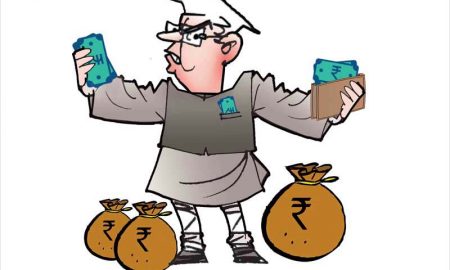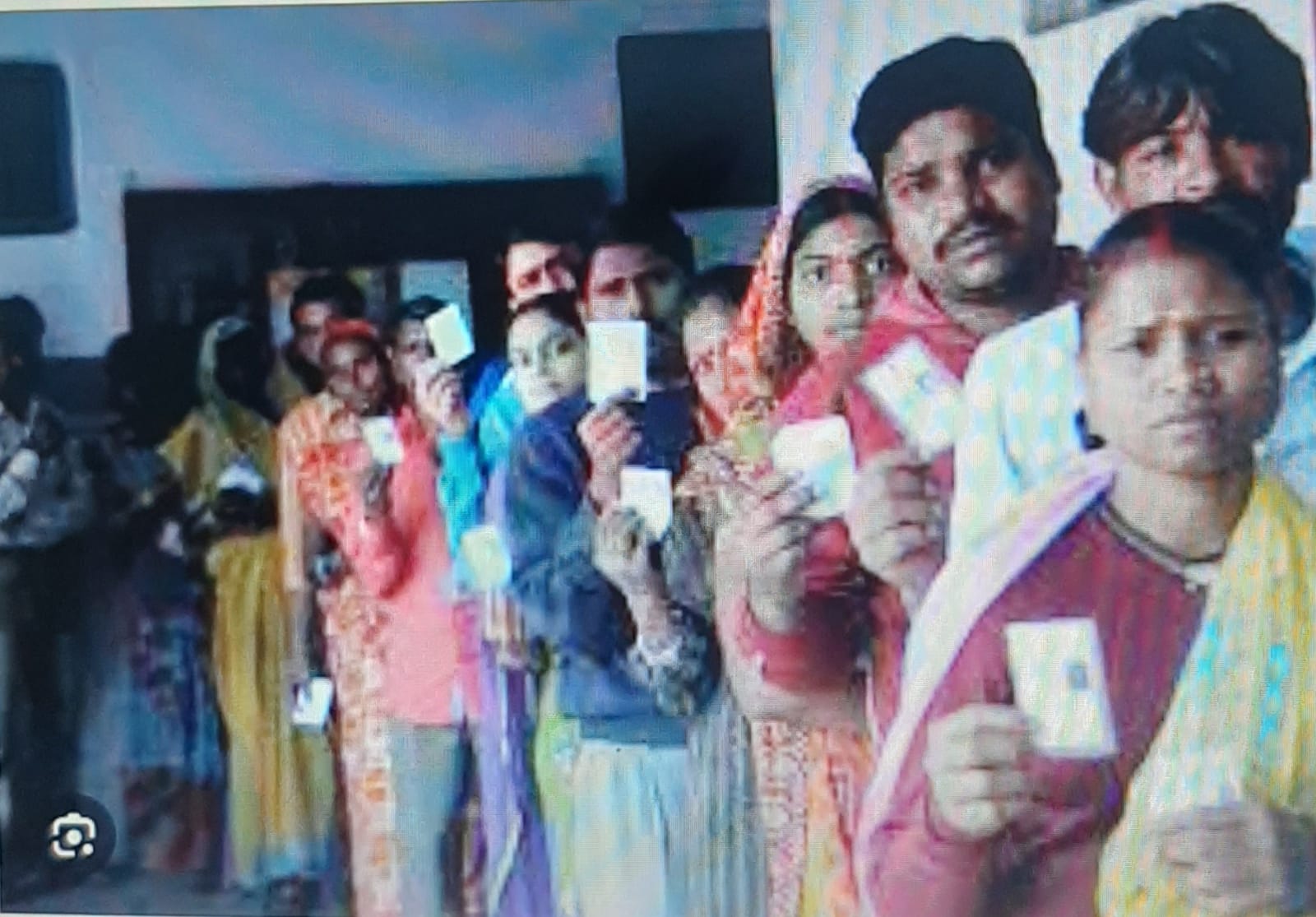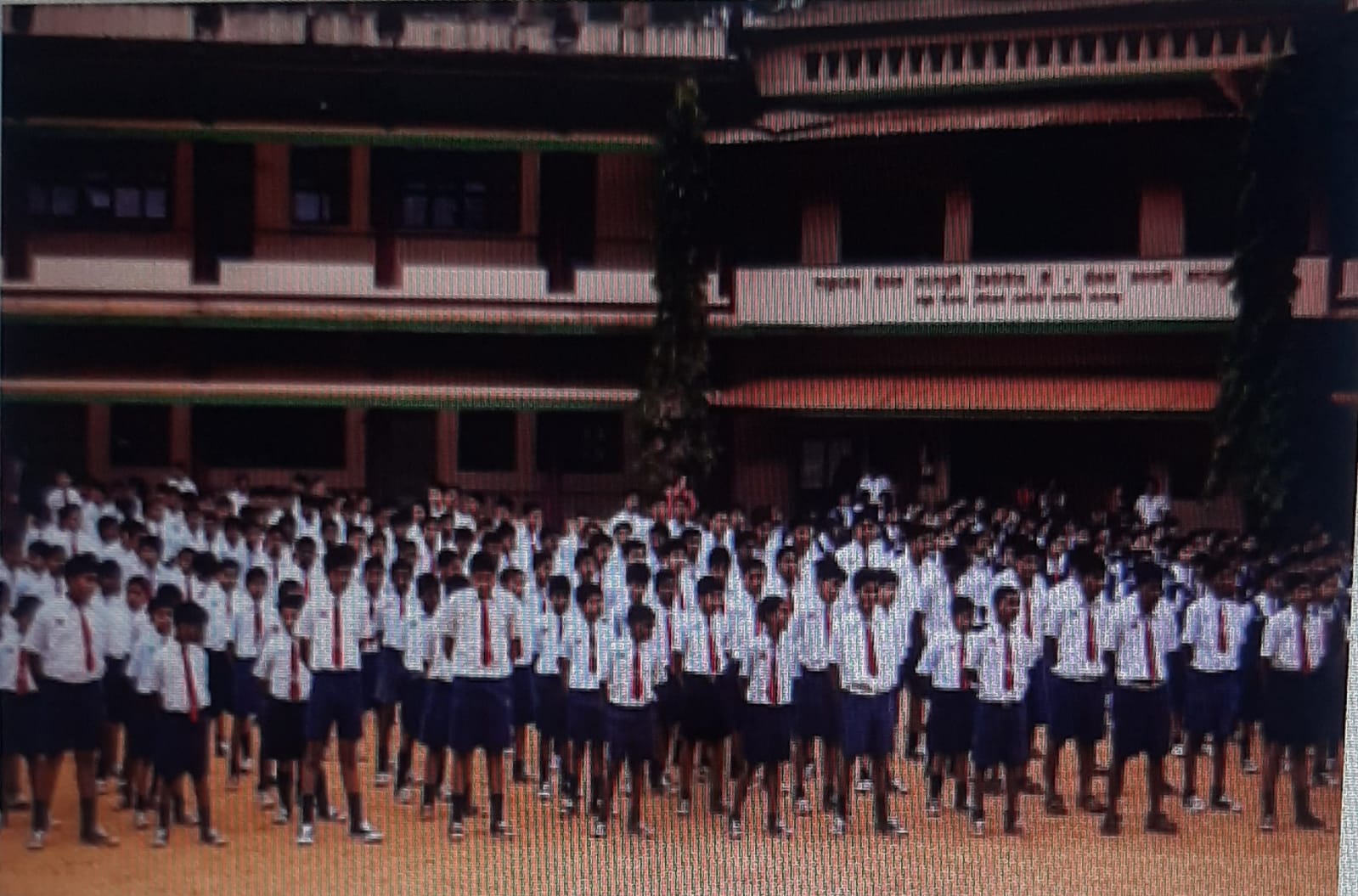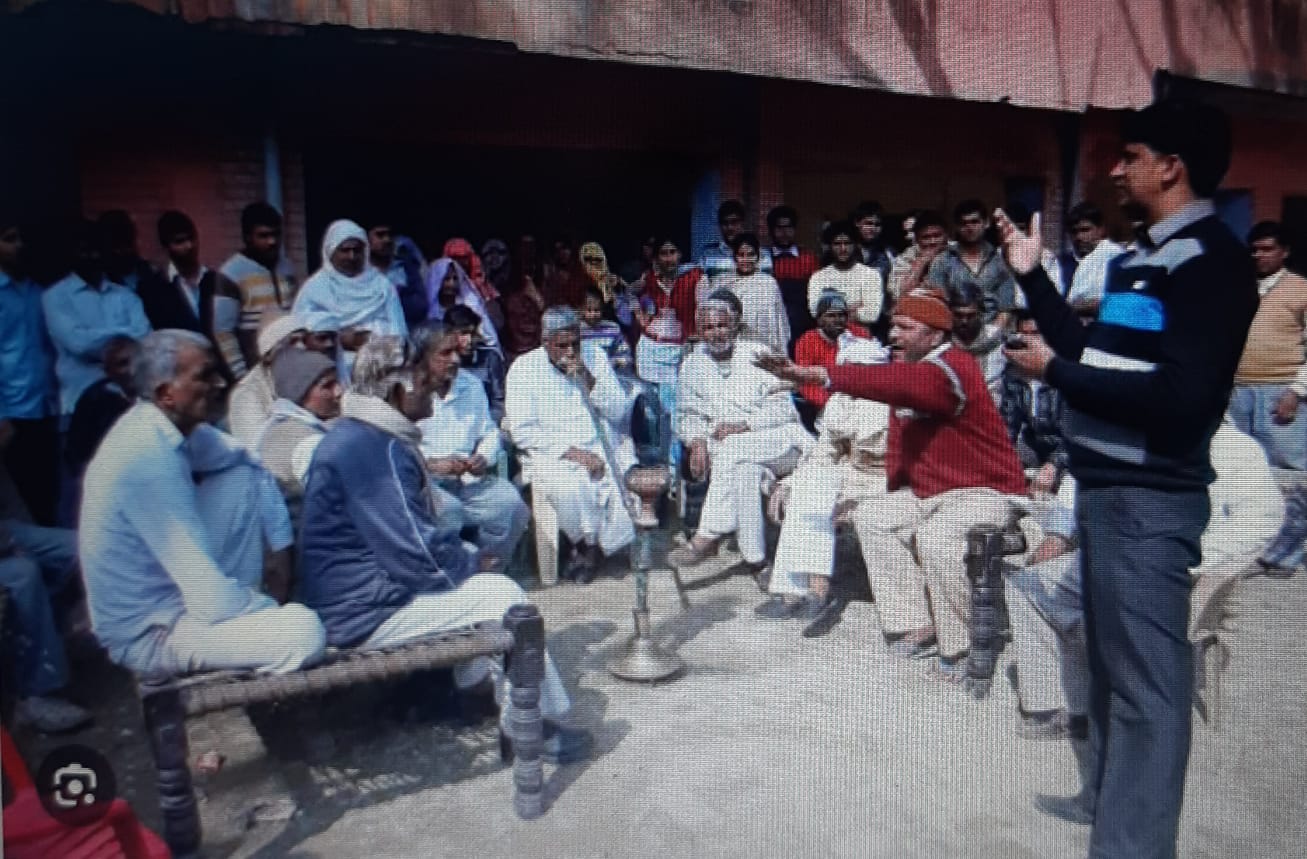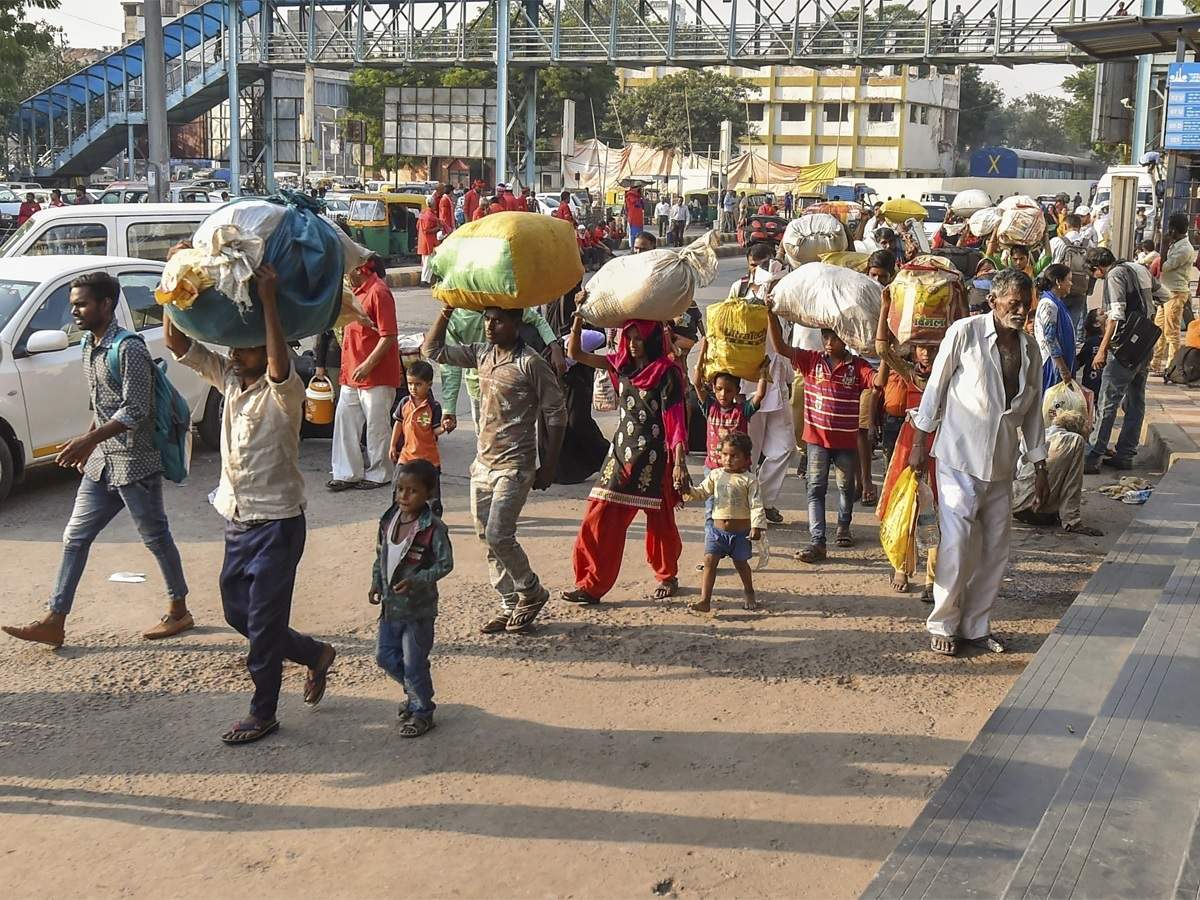
New Delhi, May 27 (DN&V): Even as the Indian Railways struggles to meet the enormous demand of repatriating India’s internal migrants, inefficiencies in tracing and surveillance are unsettling health officials. In Karnataka, hundreds of migrants who returned between May 7 and 12 are untraceable. In Kerala, where the contact tracing is considered to be the best — thanks to an army of health workers, mostly women — the authorities estimate that 3,896 people have arrived from other states without registering themselves. Even at a national level, the number of “unassigned” confirmed cases of Covid-19 has shot up to 2,970, as the authorities have yet to confirm whether these people — some of them, truck drivers — are in the state they were tested or in destination states.
The gap in surveillance is a worry, particularly, for states witnessing a large-scale return of migrants. In Bihar, for instance, the number of confirmed cases of Covid-19 has risen to nearly 3,000, close to 80% of them accounted for among returning migrants. That many desperate migrants are returning by foot or hitching a ride on commercial trucks or even crossing rivers on makeshift buoys make surveillance a nightmare. To add to the challenge, many of these states have weak healthcare infrastructure.
Authorities are finding it hard to keep track of returnees aboard trains, too. Last week, authorities in Haridwar, Uttarakhand, realised 167 passengers who boarded the special train from Surat, Gujarat, did not arrive at the destination; they may have alighted somewhere in between.
Haphazard policies only worsen the situation. Take Karnataka, for instance, where there was no guideline on institutional quarantine for people coming from other states until May 12, though inter-state movement was allowed on May 7. “Now, we do not know how many people entered the state even with valid passes in those six days.”
The lack of coordination between the Railways and state governments poses more problems. Over the past couple of weeks, there have been many reports of special trains pulling into stations not notified as the port of arrival, baffling passengers and state authorities. The Railways say this was done to avoid traffic congestion, but states say such last-minute changes hamper their preparedness and ability to account for all arriving passengers.



